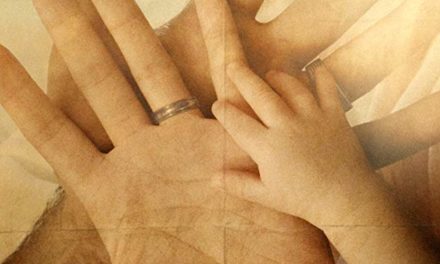words Deb C.
Fatima, a dramatic retelling of three Catholic childrens’ apparent meeting with Our Lady. The three young Portuguese children and their families are among the many enduring the horrors of WW1.
Standing in the square as the Mayor of Fatima calls out the lists of the deceased, wounded or missing, the close focus on the faces of mothers hearing of their losses is hard to bear, let alone to experience. Little wonder then that some wish to believe so fervently in the children’s retelling of their visions.
“And it is this that makes the film compelling. The apparent conflict between faith and reason.”
The film opens with dark shots of shadowy caves and the sense of foreboding and mysticism is emphasised by glimpses caught of religious paintings depicting agonies suffered by souls in torment. For the message received from the Lady is one of the need for suffering and atonement. She says that the Father has been insulted and foretells major world events if the offending continues. As beautiful as her manifestation is, her message hardly seems motherly. In fact, Lucia’s own mother disbelieves her and punishes her for her deceitfulness in continuing her insistence that she is telling the truth.
The film continues to highlight just how astonishing is Lucia’s ability to stand against, not only her own mother, but the dictates of the town mayor himself. (A firm non believer, angry with the superstitious nonsense espoused by many of his town’s people). And it is this that makes the film compelling. The apparent conflict between faith and reason.
For many of us, we will struggle with the nature of the miraculous appearance of the Madonna yet Lucia (the oldest and most obdurate) of the three children remains convinced of the authenticity of her visions for the rest of her life. Interviewed by a clearly sceptical academic, Lucia, now a nun, simply states “I can only give you my testimony, I don’t have answers for everything.”
There are no answers given, no absolutes. However, the audience may well exit pondering the nature not only of their beliefs but the absolute place that reason has been given in our present- day life. If we can not touch it, record it, analyse it (or buy it) then it is now not seen as valid. Yet Maori philosophy of Hauora takes into consideration not only physical health but mental, emotional, social and spiritual well- being.
Perhaps this film will cause us to question not only our values but the value of our personal beliefs.





